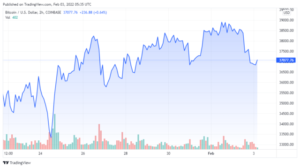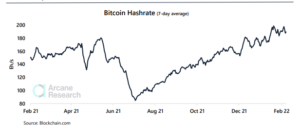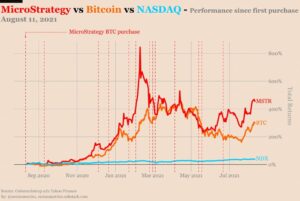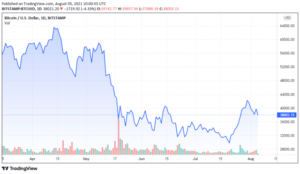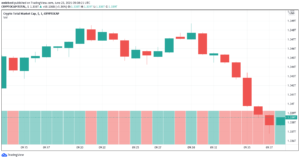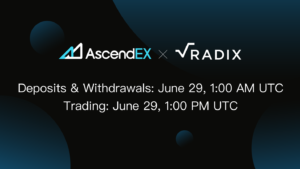
As global regulators show no let-up on Binance, Cameron Winklevoss takes the opportunity to remind everyone, Gemini, which he co-founded in 2015, is fully regulated to operate in the U.S, including in New York.
Gemini Exchange has always marketed itself as an above-board, regulated exchange that works closely with regulators. Now the net is closing in on Binance, Winklevoss said:
“We’re playing the long game. We’re trying to be the fastest tortoise in the race. The long game pays off over time.”
With talk of class action lawsuits against Binance, the world’s largest exchange by trading volume may soon find itself in a whole new heap of trouble.
Binance Feels The Heat From Global Regulators
Over the past few weeks, a total of six global regulators have sounded the alarm on Binance.
The Cayman Islands Monetary Authority, the UK’s Financial Conduct Authority, Japan’s Financial Services Authority, and Singapore’s Monetary Authority Service issued investor warnings that Binance is not regulated to operate in their respective jurisdictions.
Whereas more serious action was taken by the Financial Services Regulatory Authority of Ontario, who forced Binance to withdraw its services from the Canadian province.
Similarly, Thailand’s Securities and Exchange Commission filed a criminal complaint on the grounds Binance is operating a crypto exchange without a license. Thai police are said to be involved with the notice.
The upshot to this has seen partner firms cut ties with Binance, leading to problems for U.K and European customers ramping on and off the exchange.
Joining in on the lynching, U.K banks have stopped payments to crypto businesses, with several specifically mentioning Binance. The list includes Santander, Barclays, Monza, TSB, Nat West, Metro Bank, HSBC, and Lloyds.
It Never Rains But It Pours
According to The Verge, May’s crypto crash did more than inject FUD into the markets. On May 19, as Bitcoin and the rest of the markets crashed, Binance users were locked out of their accounts and were unable to exit positions.
This outage has united affected users who intend to bring legal action against Binance. But as Binance has no official headquarters, users are at a loss on where to send the paperwork.
“There are apparently two groups trying to figure out how to sue this company, one in France working with 700 people and one in Italy.”
As well as that, the May 19 crash also showed flaws in Binance Leveraged Tokens (BLVTs). This derivative product gives leveraged exposure to crypto-assets. It differs from margin trading in that users can get leveraged exposure but without putting up collateral or being liquidated when the trade goes too far the other way.
However, BLVTs, can, of course, lose value.
The May 19 crash saw several BLVTs act inconsistently to how they were supposed to. For example, LTCDOWN should have spiked higher in price as the markets crashed. But it fell along with Litecoin, leading to unfair losses.
Victims have labeled BLVTs as defective derivative products. Like the locked-out users, they also seek some form of redress from Binance.
Binance CEO Changpeng Zhao recently issued a letter admitting mistakes have been made. He attributes this to the speed at which the platform has grown.
Although the letter didn’t address any specific case, Zhao said he and his firm are committed to protecting users. But it will take time to get things right.
- 7
- Action
- Bank
- Banks
- binance
- Bitcoin
- Bloomberg
- businesses
- Canadian
- ceo
- Changpeng
- Changpeng Zhao
- commission
- company
- Crash
- crypto
- crypto exchange
- Customers
- DID
- exchange
- Exit
- FCA
- Figure
- Firm
- flaws
- follow
- form
- France
- FUD
- game
- Gemini
- Global
- How
- How To
- HSBC
- HTTPS
- Including
- investor
- involved
- IT
- Italy
- leading
- Legal
- Legal Action
- License
- List
- Litecoin
- Long
- margin trading
- Markets
- Metro
- net
- New York
- official
- operating
- Opportunity
- Other
- outage
- partner
- payments
- People
- platform
- Police
- price
- Product
- Products
- Race
- Regulators
- REST
- Reuters
- Securities
- Securities and Exchange Commission
- Services
- SIX
- speed
- time
- trade
- Trading
- United
- users
- value
- volume
- West
- WHO
- Winklevoss
- works

